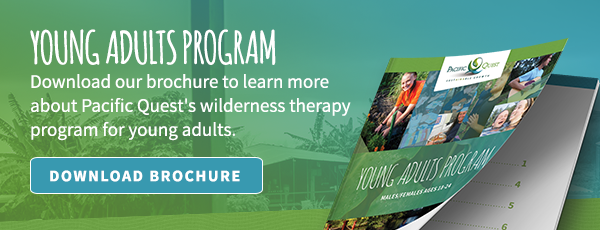“One’s destination is never a place, but rather a new way of looking at things.” -Henry Miller, Big Sur and the Oranges of Hieronymus Bosch
No matter the paths we take, it’s the power of the small wins that count. All too often, this realization hits nearer the end, when one’s path is running out of trail. It’s at this point in time that we reminisce on the things we’ve yet to accomplish and our chapters of ‘untapped potentials’ and ‘chunks of regrets.’ Perspective, you might say, shows us that moments are finite.
Life has a way of changing a person, and all too often a tragedy is a catalyst. But changing the way we approach life, and changing the way we make decisions can be ignited by another set of emotions. We can be different people if we change the manner in which we engage with others. A helping hand doesn’t have to be big in size. It is the helping attitude that matters most—a concept we should be teaching our children. After all, teaching children to care about others not only shapes their values, but it helps them to develop empathy, a virtue that is an important part of their internal compass.
Teaching our Children about Kindness
Follow these steps to help teach children to be givers of kindness, and use them as potential options for teen depression treatment if needed:
- Understand the importance of kindness
Understand the importance of kindness. There are three ways to define the word “nice” according to the dictionary:
- Give pleasure or joy
- Attractive or of good quality
- Someone who is kind, polite and friendly
When we’re nice, we’re happier, we may live longer, it’s one of the keys to success, it brings us less stress and it simply feels better.
- Create a Kindness Project
Create a project where your family records one act of kindness or one pleasant activity per day. For some great inspiration, check out The Random Acts of Kindness Foundation.
- Take time to share
Rather than your child sharing everything in their diary, have them open up and share on a weekly basis during dinnertime. Sharing encourages self-reflection, and it helps bring meaning to their actions.
- Practice, practice, practice
Reinforcement of the kindness habit comes with daily practice or practice on a regular basis.
The Power of Empathy
Setting out to make someone smile has no pitfalls, but instead has a multitude of feel-good benefits. When children perform acts of kindness, their happiness increases. It nurtures their well-being and increases positive connections with peers. They also benefit developmentally. Happier children display more positive behaviors as they grow into their teen years, they’re more likely to show higher academic achievement and it improves their overall outlook on life. And of all things that can boost inner peace, the most important is making progress in meaningful ways. This is why when considering options for teen depression treatment it is important to consider a more holistic approach.
For more therapeutic techniques that can inspire motivation for change, or options for teen depression treatment, contact Pacific Quest today and learn more about our treatment model.
